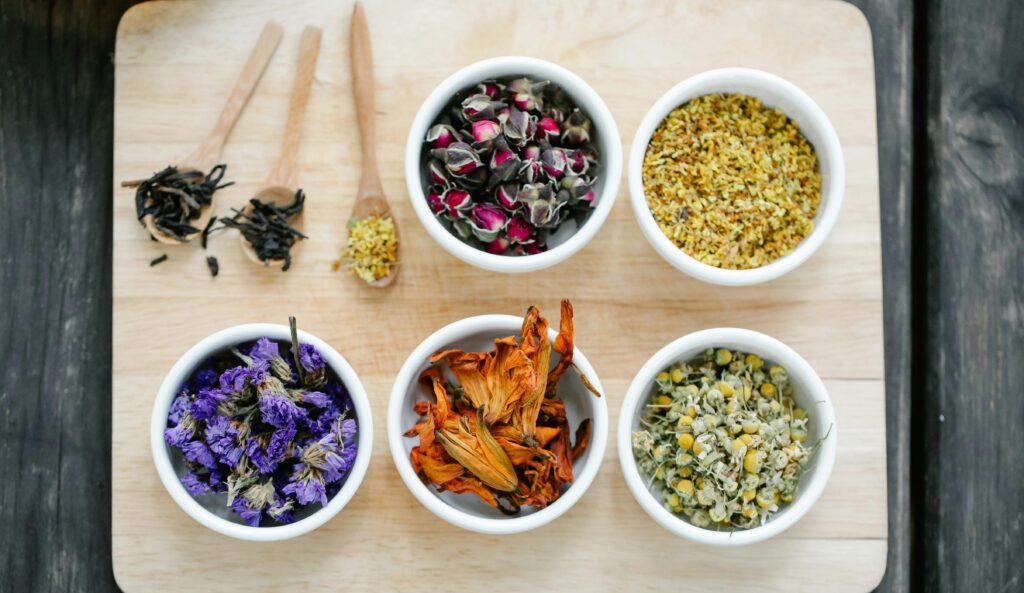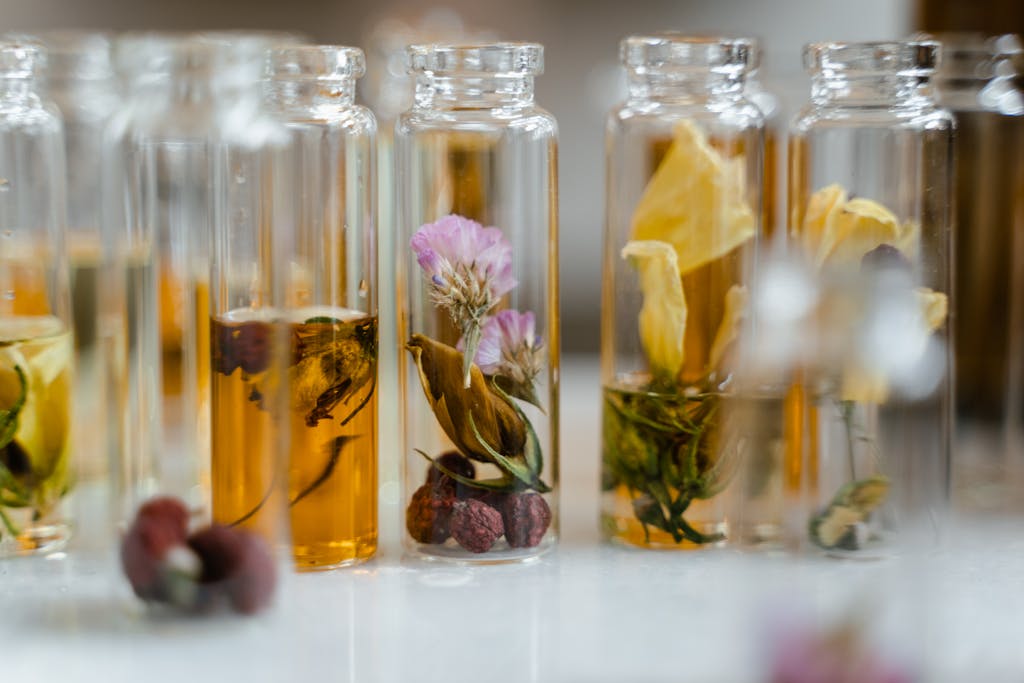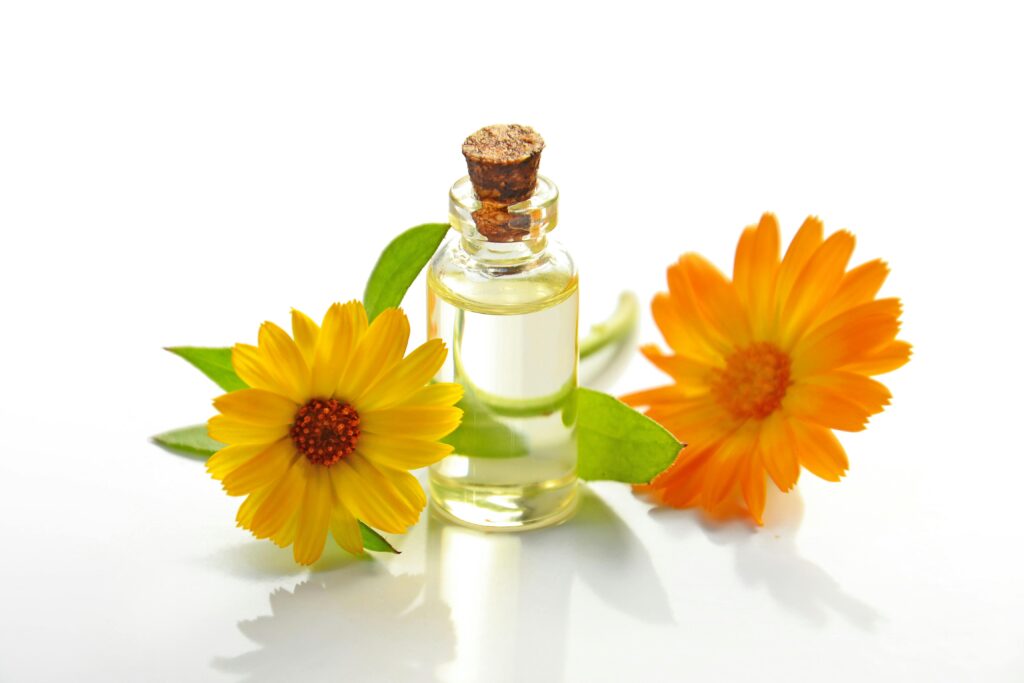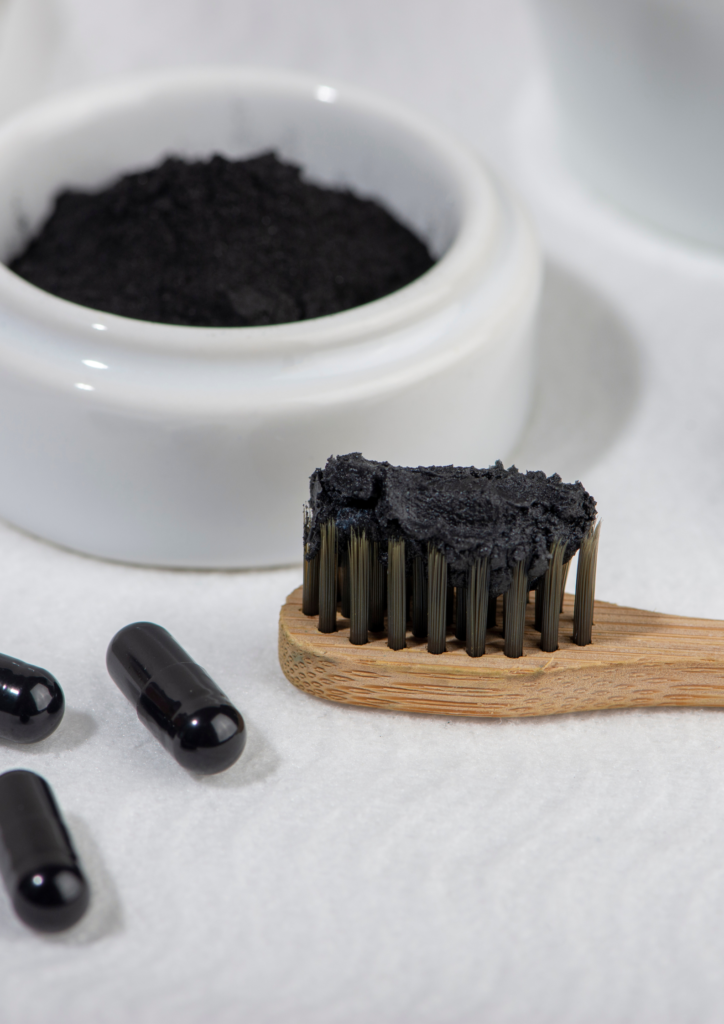Natural Remedies for Stress, Anxiety, and Mental Wellness

In today’s fast-paced world, stress and anxiety are becoming increasingly common. Whether it’s work pressure, personal challenges, or global events, many people experience moments of overwhelming tension. However, there is a growing interest in exploring natural remedies that can support mental wellness, reduce stress, and alleviate anxiety. In this blog, we will explore the various ways you can support your mental health naturally, without resorting to synthetic medications or harmful chemicals.
Introduction
Mental health is as important as physical health, yet it is often neglected in favor of more visible ailments. Chronic stress and anxiety can lead to a host of physical symptoms, including headaches, digestive issues, muscle tension, and sleep disturbances. While conventional treatments such as therapy and medication have their place, many people are seeking natural alternatives to help manage their mental health.
This blog will explore natural remedies for stress, anxiety, and mental wellness that are backed by research and easy to incorporate into your daily routine. From herbal remedies and essential oils to mindfulness practices and nutritional changes, these holistic approaches offer gentle yet effective ways to manage anxiety and improve overall mental well-being.
The Science Behind Stress and Anxiety
Stress and anxiety, though related, are distinct. Stress is a natural response to external pressures, often linked to a specific event or situation. Anxiety, on the other hand, is a more persistent feeling of unease or fear that can occur without an identifiable trigger.
The nervous system regulates the body’s response to stress, specifically the sympathetic nervous system, which triggers the “fight or flight” response. When stress becomes chronic, the body’s constant state of alertness can lead to burnout, immune system suppression, and emotional exhaustion.
Anxiety disorders are more complex and often require a combination of therapeutic and medical approaches for management. However, natural remedies can significantly alleviate symptoms, restore balance, and support mental wellness.
1. Herbal Remedies for Stress and Anxiety

Herbal remedies have been used for centuries to alleviate stress and anxiety. Many plants contain compounds that can help modulate the body’s stress response and enhance mood. Below are some of the most effective herbs for mental wellness:
| Herb | Key Benefits | Supporting Research |
|---|---|---|
| Lavender (Lavandula angustifolia) | Reduces anxiety and promotes sleep | Lavender oil shown to be as effective as lorazepam for anxiety reduction (Journal of Clinical Psychiatry) |
| Chamomile (Matricaria chamomilla) | Helps reduce anxiety and promotes relaxation | Chamomile extract found effective in treating generalized anxiety disorder (Phytomedicine) |
| Ashwagandha (Withania somnifera) | Balances cortisol levels, reduces stress | Reduces anxiety in chronic stress sufferers (Indian Journal of Psychological Medicine) |
| Lemon Balm (Melissa officinalis) | Alleviates anxiety and improves sleep | Proven to reduce anxiety in mild to moderate cases (Phytotherapy Research) |
1.1. Lavender (Lavandula angustifolia)
Lavender is one of the most well-known herbs for its calming properties. Research shows that lavender oil can significantly reduce anxiety and improve sleep quality. A study published in the Journal of Clinical Psychiatry found that lavender essential oil was as effective as lorazepam (a prescription anti-anxiety medication) in reducing anxiety symptoms in individuals with generalized anxiety disorder (GAD) .
1.2. Chamomile (Matricaria chamomilla)
Chamomile is another herb widely known for its relaxing effects. The active compounds in chamomile have been shown to bind to receptors in the brain that help reduce anxiety. A clinical trial published in Phytomedicine found that chamomile extract was effective in reducing symptoms of generalized anxiety disorder .
1.3. Ashwagandha (Withania somnifera)
Ashwagandha, an adaptogen, helps the body adapt to stress by balancing cortisol levels. Studies have shown that ashwagandha can significantly reduce stress and anxiety. One study published in the Indian Journal of Psychological Medicine found that ashwagandha supplementation reduced stress and anxiety levels in participants with chronic stress .
1.4. Lemon Balm (Melissa officinalis)
Lemon balm has been traditionally used to reduce symptoms of stress and anxiety. A study published in Phytotherapy Research showed that lemon balm extract helped alleviate anxiety and improved sleep quality in individuals with mild to moderate anxiety .
2. Essential Oils for Mental Wellness

Essential oils are plant-based extracts that can have powerful effects on the mind and body. Aromatherapy, or the use of essential oils, has been shown to reduce stress, anxiety, and improve overall mood.
| Essential Oil | Key Benefits | Supporting Research |
|---|---|---|
| Lavender | Calming, reduces anxiety and promotes relaxation | Significantly reduces anxiety (Frontiers in Behavioral Neuroscience) |
| Bergamot | Uplifts mood, reduces anxiety and stress | Reduces cortisol levels and anxiety symptoms (Phytomedicine) |
| Ylang-Ylang | Calms the nervous system, reduces stress | Reduces blood pressure and heart rate in stressed individuals (Journal of Essential Oil Research) |
| Frankincense | Grounding, supports relaxation and emotional balance | Reduces anxiety during medical procedures (Psychiatry Research) |
2.1. Lavender Essential Oil
As previously mentioned, lavender essential oil is one of the most well-researched essential oils for stress and anxiety. A study published in Frontiers in Behavioral Neuroscience found that lavender essential oil had a calming effect on the nervous system and significantly reduced anxiety .
2.2. Bergamot Essential Oil
Bergamot essential oil, derived from the rind of the bergamot orange, has been shown to reduce anxiety and improve mood. A study in Phytomedicine found that inhaling bergamot oil helped reduce cortisol levels and alleviate symptoms of anxiety in participants .
2.3. Ylang-Ylang Essential Oil
Ylang-ylang essential oil is known for its mood-lifting properties. It has been shown to reduce stress and promote feelings of relaxation. Research published in Journal of Essential Oil Research found that ylang-ylang oil reduced blood pressure and heart rate, which are commonly elevated during stress .
2.4. Frankincense Essential Oil
Frankincense is often used in meditation and mindfulness practices for its grounding effects. It is believed to reduce anxiety by enhancing the body’s ability to cope with stress. Research supports its calming effect, with one study showing that frankincense essential oil can reduce anxiety in patients undergoing medical procedures .
3. Mindfulness and Meditation Practices

Mindfulness and meditation are powerful tools for reducing stress and anxiety. These practices help the mind stay present and break the cycle of negative thinking patterns that fuel anxiety.
| Technique | Benefits | Supporting Research |
|---|---|---|
| Mindfulness Meditation | Increases awareness, reduces anxiety and stress | Reduces anxiety and improves psychological well-being (Clinical Psychology Review) |
| Breathing Exercises | Reduces cortisol, promotes relaxation | Lowers heart rate and blood pressure, reduces stress (Frontiers in Psychology) |
| Progressive Muscle Relaxation (PMR) | Relieves muscle tension, improves relaxation | Lowers heart rate, reduces anxiety (Journal of Behavioral Medicine) |

3.1. Mindfulness Meditation
Mindfulness meditation involves focusing on the present moment and observing thoughts and sensations without judgment. Numerous studies show that mindfulness meditation can significantly reduce stress and anxiety. A meta-analysis published in Clinical Psychology Review concluded that mindfulness-based interventions were effective in reducing anxiety and improving psychological well-being .
3.2. Breathing Exercises
Deep breathing exercises, such as diaphragmatic breathing or box breathing, can help regulate the nervous system and reduce symptoms of anxiety. Research published in Frontiers in Psychology found that slow, deep breathing techniques led to a reduction in cortisol levels, heart rate, and blood pressure.
3.3. Progressive Muscle Relaxation (PMR)
PMR is a relaxation technique that involves tensing and relaxing different muscle groups to reduce stress and anxiety. Studies have shown that PMR can lower heart rate, reduce muscle tension, and improve feelings of relaxation .
4. Nutritional Support for Mental Wellness

The foods we eat can have a direct impact on our mood, stress levels, and mental health. Proper nutrition is essential for maintaining a balanced mind and body.
| Nutrient | Key Benefits | Supporting Research |
|---|---|---|
| Omega-3 Fatty Acids | Reduces symptoms of anxiety and depression | Reduces anxiety symptoms significantly (JAMA Network Open) |
| Magnesium | Regulates the nervous system and reduces anxiety | Magnesium supplementation helps reduce anxiety (Journal of Clinical Psychiatry) |
| Probiotics | Supports gut-brain connection, reduces anxiety | Positive effect on anxiety symptoms (Psychiatry Research) |
4.1. Omega-3 Fatty Acids
Omega-3 fatty acids, found in fatty fish like salmon and in flaxseeds and walnuts, play an important role in brain function and mental health. A study published in JAMA Network Open found that omega-3 supplementation significantly reduced anxiety symptoms in individuals with generalized anxiety disorder .
4.2. Magnesium
Magnesium is a mineral that supports the nervous system and helps regulate mood. Research in the Journal of Clinical Psychiatry found that magnesium supplementation can significantly reduce symptoms of anxiety, particularly in individuals with low magnesium levels .
4.3. Probiotics
Probiotics are beneficial bacteria that promote gut health. Increasing evidence suggests that the gut-brain connection plays a key role in mental health, including stress and anxiety. A study published in Psychiatry Research found that probiotics can help reduce anxiety symptoms by improving gut health .
Snag your free sauerkraut recipe here.
Conclusion
Natural remedies for stress, anxiety, and mental wellness offer a holistic approach to managing mental health. Herbs, essential oils, mindfulness practices, and proper nutrition can all contribute to a balanced, chemical-free lifestyle. By incorporating these natural remedies into your daily routine, you can reduce stress and anxiety and improve your overall well-being.
It’s important to remember that everyone’s experience with stress and anxiety is unique. What works for one person may not work for another, so it’s crucial to find a combination of strategies that work best for you. Whether you turn to herbal teas, essential oils, or deep breathing techniques, natural remedies offer a safe, effective way to promote mental wellness.
References
- Journal of Clinical Psychiatry (2011). “Lavender Oil in the Treatment of Anxiety.”
- Phytomedicine (2016). “Chamomile Extract for Generalized Anxiety Disorder.”
- Indian Journal of Psychological Medicine (2012). “Effects of Ashwagandha on Stress and Anxiety.”
- Phytotherapy Research (2011). “Lemon Balm for Anxiety and Sleep Improvement.”
- Frontiers in Behavioral Neuroscience (2017). “Lavender Essential Oil in Anxiety Treatment.”
- JAMA Network Open (2018). “Omega-3 Fatty Acids and Anxiety: A Randomized Trial.”
- The Journal of Clinical Psychiatry (2017). “Magnesium Supplementation for Anxiety Treatment.”
- Psychiatry Research (2016). “Probiotics and Anxiety: A Review.”
- Clinical Psychology Review (2010). “Mindfulness Meditation for Anxiety and Stress.”
As an Amazon Affiliate, we earn from qualifying purchases!


